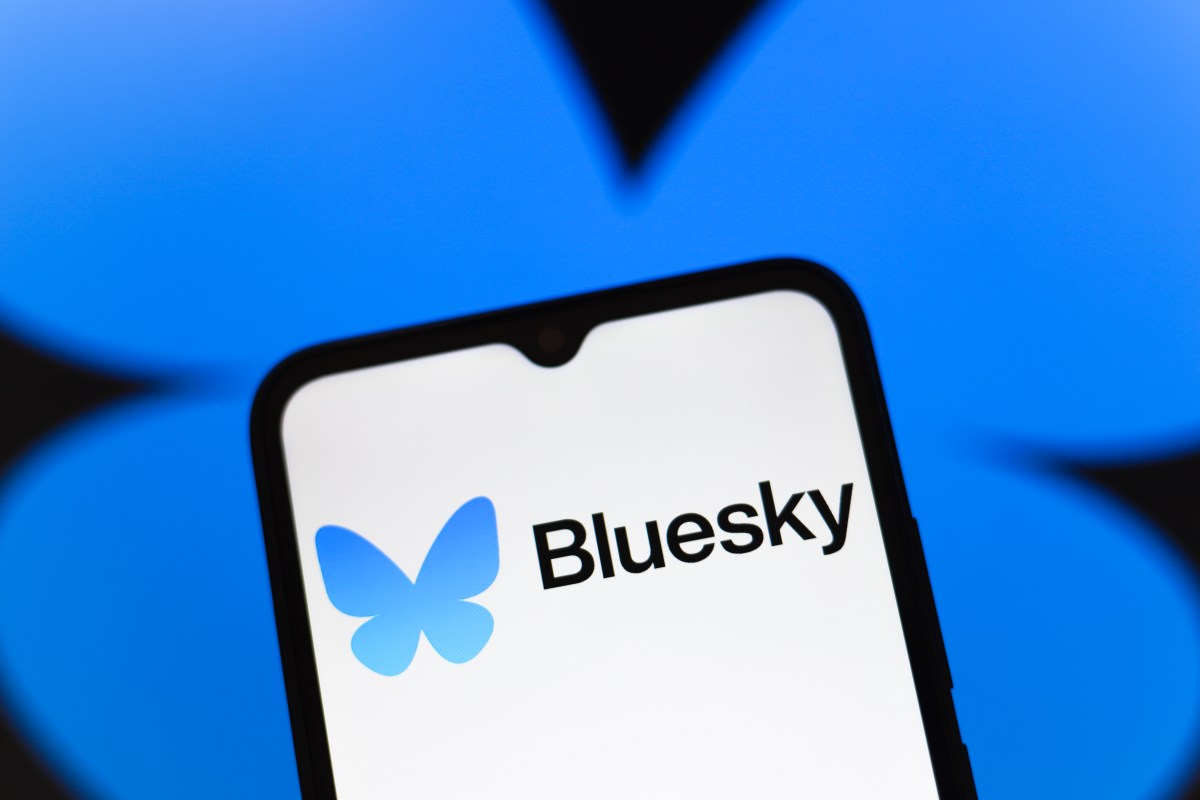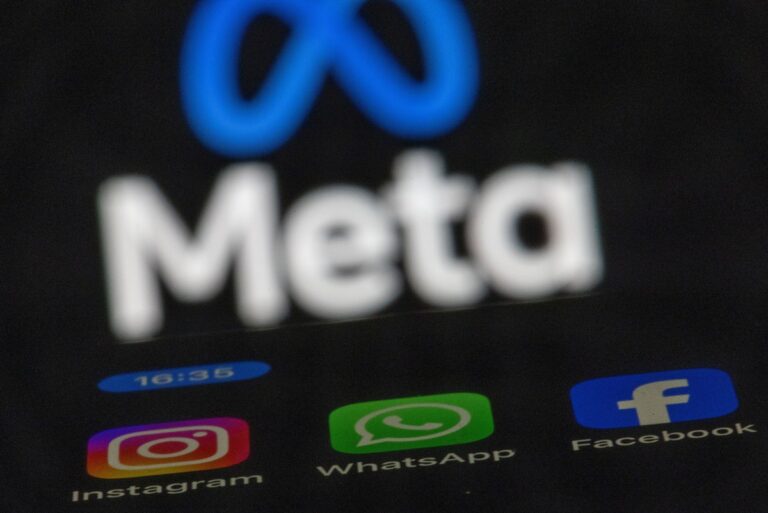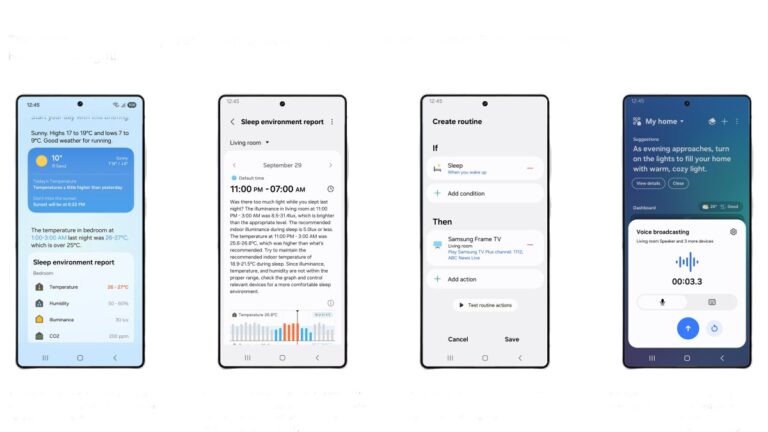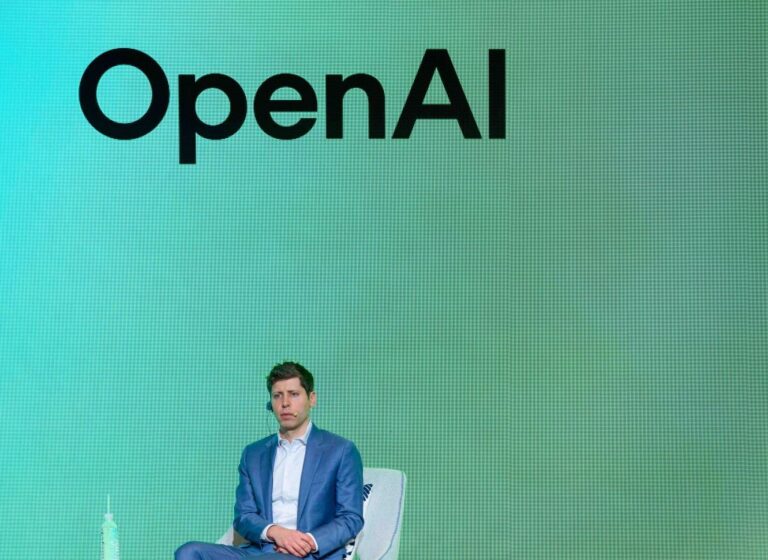Bluesky Users Engage in Heated Debate Over User Data Policies and AI Training Strategies
Bluesky, the rising social network, recently introduced an innovative proposal aimed at enhancing user control over their data. This initiative, shared on GitHub, allows users to specify whether they want their posts and personal information to be utilized for purposes such as generative AI training and public archiving. This move has sparked discussions among users regarding data privacy and the platform’s commitment to protecting user information.
Bluesky’s Proposal: Empowering Users
CEO Jay Graber’s Announcement
During a recent appearance at South by Southwest, CEO Jay Graber highlighted the importance of this proposal. The announcement gained significant traction on social media, particularly after Graber shared her thoughts on Bluesky, prompting a mixed response from the community. Some users expressed concerns, viewing the proposal as a shift away from Bluesky’s previous promises not to sell user data to advertisers or utilize it for AI training.
User Reactions
The community’s reaction has been vocal, with one user stating, “Oh, hell no! The beauty of this platform was the NOT sharing of information. Especially gen AI. Don’t you cave now.” In response, Graber clarified that generative AI companies are already accessing public data from various sources, including Bluesky, because all content on the platform is publicly available.
Establishing a New Standard
Bluesky aims to create a “new standard” for data scraping, akin to the robots.txt file used by websites to manage permissions for web crawlers. The proposed standard is designed to provide a machine-readable format that encourages ethical practices, although it is not legally enforceable.
User Control Over Data
The proposed settings would allow Bluesky users, as well as those using applications based on the ATProtocol, to control their data sharing preferences across four main categories:
- Generative AI: Users can opt out of having their data used for AI training.
- Protocol Bridging: Control over the connection between different social ecosystems.
- Bulk Datasets: Manage the use of data in large sets.
- Web Archiving: Specify preferences for archiving services like the Internet Archive’s Wayback Machine.
If users choose to restrict their data for generative AI use, the proposal states that companies and research teams are expected to honor these preferences during the scraping process or when conducting bulk transfers using the protocol.
Community Perspectives
Opinions on the proposal vary. Molly White, a well-known writer and commentator, described the initiative as “a good proposal.” She pointed out that it aims to introduce a consent mechanism for users to express their preferences regarding ongoing data scraping. However, she also raised concerns about the reliance on scrapers to adhere to these preferences, noting that many companies have previously ignored similar signals.
As discussions continue, Bluesky’s proposal represents a significant step towards enhancing user agency in the evolving landscape of social media and data privacy. For more insights on social media trends, visit our Social Media Trends page.







